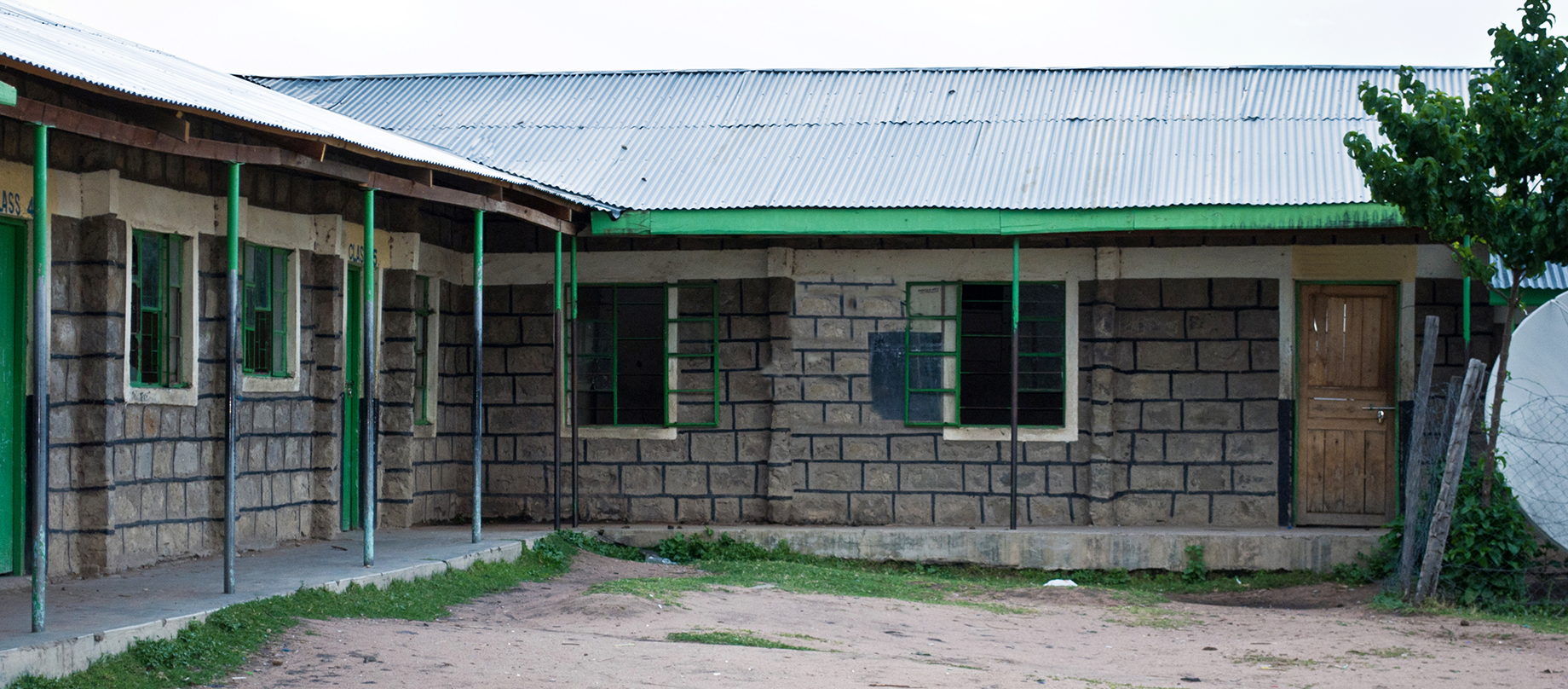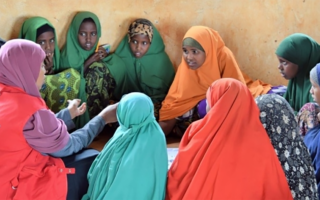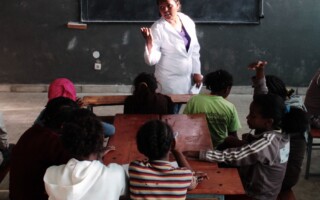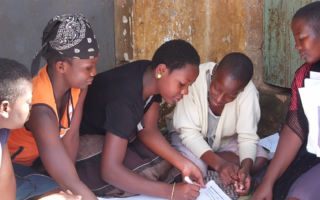
Homa Bay County in the former Nyanza Province of Kenya is characterized by high unintended teenage pregnancy rates. Despite a policy that allows teenage mothers to return to school, the County has a high female school dropout rate. Past research in the region has highlighted three main hurdles:
- School personnel lack clarity about the re-entry policy;
- Teenage mothers, their parents, and their communities are unaware of the rights of teen mothers to return to school; and
- Ministries of Education have neglected to monitor the school re-entry of teen mothers.
The Council began by carrying out a household and school survey to measure key variables, such as awareness of school re-entry policies and policy content, supportive attitudes and practices around school re-entry, and actual school re-entry by out-of-school teenage mothers. Council researchers conducted structured interviews with 728 teenage girls aged 13–19 in Homa Bay County who were out of school as well as the heads of household affiliated with these girls.
Researchers also visited 30 public secondary schools in Homa Bay that are either mixed-gender or all-girls schools to assess students’ knowledge, attitudes, and practices regarding the school re-entry policy, and further interviewed 167 secondary school principals on the same issues. These measures will be carried out again at the end of the intervention to determine program success.
Baseline research revealed:
- Pregnancy happens early for most teenage mothers in Homa Bay County Of the teenage mothers who highlighted pregnancy as their main reason for leaving school, 80% dropped out at the primary school level.
- Pregnancy is often the critical incident that precedes school dropout by teenage mothers According to their own reports, pregnancy was the main reason why most teenage mothers left school. This reason was cited by 66% of out-of-school teenage mothers, and was verified by a similar proportion of their household heads (69%), who were mainly parents/guardians and spouses.
- Awareness of policies that could facilitate school continuation or re-entry needs to be enhanced Over a third of teenage mothers and their household heads were not aware of the provisions of the National School Health Policy (which permits pregnant learners to remain in school). An even larger proportion (nearly half) of both groups were not aware of the Free Secondary Education Policy. A third of school principals were not aware of the National School Health Policy, and awareness of their designated roles under the school re-entry policy was low.
- School re-entry by parenting girls is viewed as more acceptable than school continuation by pregnant learners Interviewees in general (out-of-school teenage mothers, their household heads, students, and school principals) were more likely to hold positive views of school re-entry for teenage mothers than of school continuation by pregnant learners.
- Financial constraints and childcare are key barriers that prohibit school re-entry for teenage mothers Teenage mothers indicated that financial support for school expenses (69%) and help with childcare (47%) are what they need most in order to re-enter school.
The Council has partnered with Well Told Story, a Kenya-based, Emmy Award–winning social communications design and production company, to develop an intervention to enhance the access of teen mothers to education. The intervention includes a radio program—Ting’ Nyako Malo (Lift Girls Up)—that is being broadcast on Radio Lake Victoria every Friday. The radio program draws on real-life stories of teenage motherhood by interviewing girls who have experienced it and individuals who make up their support system, such as parents/guardians. The program also interviews school principals, staff members from the Homa Bay County Department of Education, the Kenya National Union of Teachers, and other experts, reinforcing messages in support of school re-entry for girls who have been pregnant.
The Council has also worked extensively with the Homa Bay County Department of Education to convene or participate in meetings for sharing messages in support of school re-entry with a range of stakeholders from the school system, the community, religious groups, and others.
Monitoring visits to study sites have revealed that some girls who were out of school due to pregnancy have returned, many brought back to school by their principals after policy dialogues to raise the awareness of principals to girls’ right to education and re-entry after pregnancy.
This project aims to increase the awareness and willingness of schools in Homa Bay County to implement Kenya’s “return-to-school” or school re-entry policy. Schools should be more likely to accept teen mothers as students, and the parents of teen mothers should be more likely to support their return to school. The proportion of out-of-school teenage mothers citing pregnancy as their main reason for not being in school should decrease. Finally, and most importantly, the percentage of teen mothers returning to school should increase.




